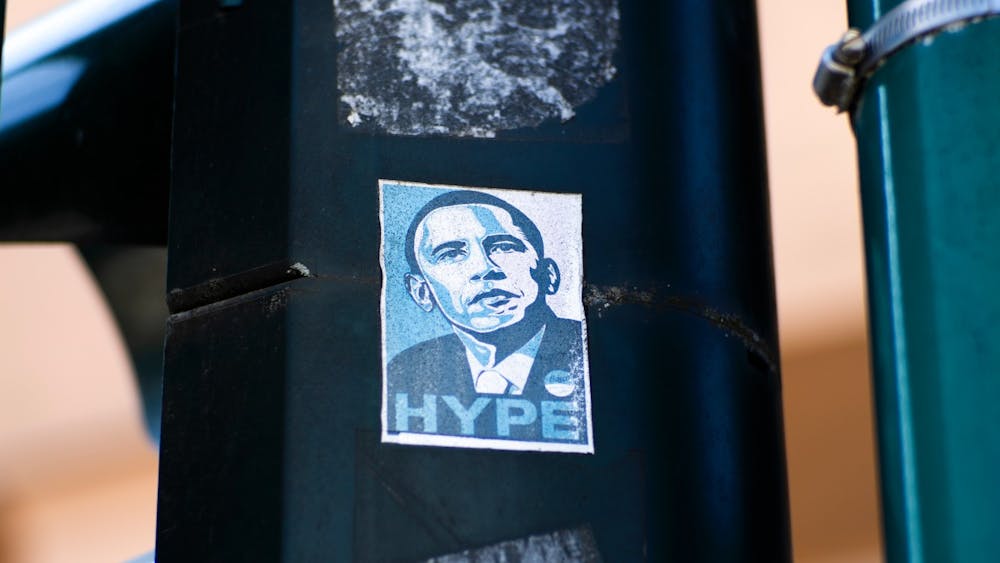Going into election night, Michigan was considered a must-win for Sanders. Many of his surrogates and pundits/pollsters pointed to his 2016 upset, suggesting it could very well happen again. Others weren’t so sure. I fell solidly into the latter category.
The entire primary race thus far has been a referendum on Sanders-style leftism while previous cycles, including the 2018 midterms, were more of a referendum on Trump, especially in the suburbs which turned over the House to the Democrats (such Democratic candidates in Michigan are Haley Stevens and Elissa Slotkin, both of which fall into the more moderate camp of the Democratic party). Going into Tuesday night, I was personally sick of the referendum on Bernie and was ready for it to turn into another on Trump; I was fully pro-Biden to make that happen.
There are many reasons Bernie took Michigan in 2016, most of which being related to anti-Clinton sentiment, increased young voter turnout, and the happenstance of the Republican primary happening alongside the Democratic primary.
Still, polling has been consistently not very good in Michigan, allowing 2016 to be the upset it was (Clinton had been slated to win by over 20 percentage points). Uncertainty still loomed Tuesday night over whether Sanders could replicate that upset, especially in voting blocs he won over in 2016, namely working-class whites.
Sanders had several rallies this week in Grand Rapids and Ann Arbor, where he received an endorsement from civil rights leader Jesse Jackson in the first and drew crowds larger than 10,000 people in the second. Still, much of his support was predicted to be in liberal enclaves like Ann Arbor and Lansing. Sanders beat Clinton by 12 points in Washtenaw County in 2016 and did not perform similarly this cycle.
Biden had surrogates Gov. Gretchen Whitmer and Amy Klobuchar argue his case until he appeared alongside Kamala Harris at a Monday Detroit rally following her well-timed endorsement.
Biden performed strongly in the same places Hillary did in 2016 - that much is true. But while Sanders swarmed in rural counties in 2016, Biden took most of them back. He was predicted to win by a healthy 23 percent statewide, which has considerably less factors cutting into it than Clinton’s 2016 run.
There were signs this would be the case in the results of previous states. Biden has consistently performed strongly in the suburbs and among African Americans, especially following South Carolina. He also performed well in New England, cutting into Sanders support alongside a potential spoiler effect by Warren before she dropped from the race.
So why wasn’t Joe Biden Hillary 2.0 in Michigan? There are several explanations.
The first is that Biden’s voting blocs are considerably more moderate and pragmatic, especially in the case of black and suburban voters. Most of them believe that Biden not only has a better chance of defeating Trump, but also that he is a healthier top-of-the-ticket option for Democrats running in purple districts and swing states. Steve Bullock, former presidential hopeful who was reluctant to run for the Senate in Montana, piqued his interest in running at the prospect of Biden running (this is good for Democrats, as Bullock is the most popular Democrat in Montana and truly has a fighting chance).
There is also an argument to make, however, that there were many anti-Sanders votes from people who find his promises to be empty and his self-avowed democratic socialist label would prove to be an easy target for GOP opposition efforts.
Finally, on the issues, Biden really isn’t moderate by many standards. His plan for combating the opioid crisis is the most expansive in the field, his public option is still a significant step toward universal healthcare coverage, and he has a history of getting key votes for progressive policies in the legislature. He has moved pretty significantly to the left of former party standard-bearer Hillary Clinton, while perhaps not turning off those in the true center to the same degree she did. Finally, Sanders didn’t cut into his working-class white vote probably because Biden has historically advocated for unions’ ability to collectively bargain for things like their own healthcare plans and drives real concrete progress on kitchen table working class issues.
It is important to note that Biden’s support from two key demographics - black voters and white working class voters - is important in that those two groups are exponentially important to turn out in the general election. While primaries are quite different than general elections, these groups supporting a more “establishment” Democrat is a better sign for 2020 prospects than Bernie’s capitalization on anti-Hillary protest votes in 2016.
Now likely nominee Biden will have to begin pulling in young voters, a demographic he has struggled with as Bernie has also failed to generate significant youth turnout in the race. I am personally ready for Biden to make the race yet another referendum on Donald Trump, and I hope Sanders drops out soon to help meet that end.
Further, I am hopeful that the Sanders campaign avoids deflecting blame for its own disappointing showing, as Bernie has historically railed against the mainstream media and the "establishment" as the cause of his decline - and his voters buy into the mentality. It's time for the party - and its most stubborn voters - to truly coalesce around Biden and bolster down-ticket Democrats.










